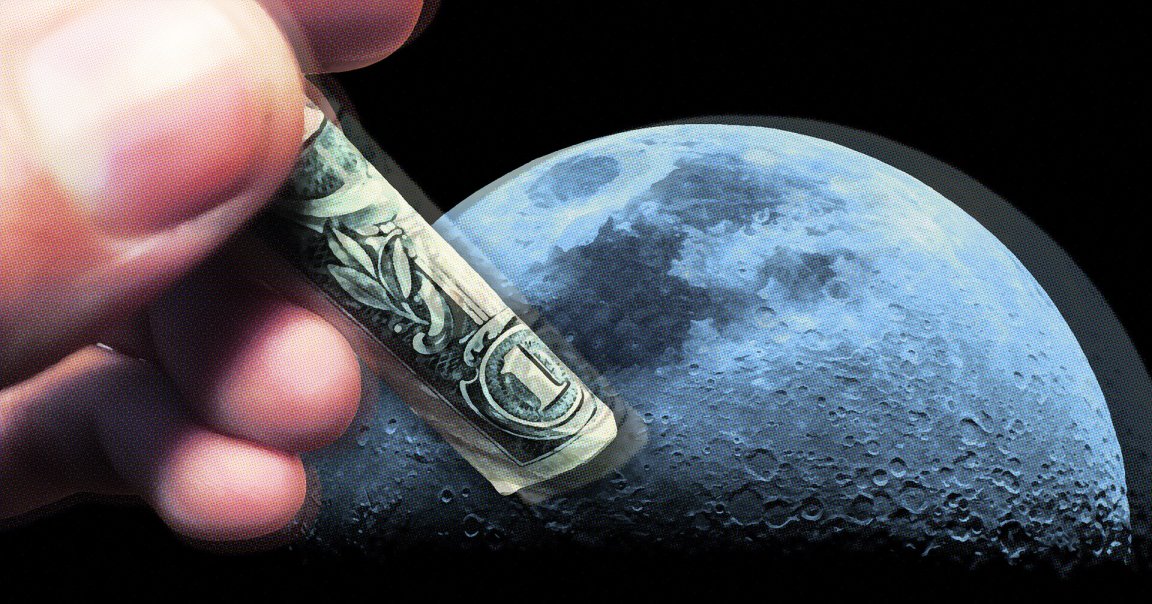
The Good Stuff
Wondering whether snorting Moon dust will kill you? Don’t worry: science is on it.
A recent study conducted by a team of Australian researchers and published in the journal Life Sciences in Space Research found that lunar dust is probably way less dangerous than space science previously feared — and, actually, might be less dangerous for humans than Earthborne air pollution. (Or, if you will: Earth dust.)
For the study, the scientists focused on fine dust particles, or specks of dust that are tiny enough to tunnel far into the lungs. Using state-of-the-art simulations of lunar dust and testing those fabrications on human lungs, researchers determined that, like any dust, the lunar stuff can be irritating, but it doesn’t put astronauts at risk of long-term oxidative stress or inflammation akin to what we might see from toxic air pollutants here on Earth.
“Our findings suggest that while lunar dust may cause some immediate irritation to the airways, it does not appear to pose a risk for chronic, long-term diseases like silicosis, which is caused by materials like silica dust,” Michaela Smith, a graduate student at the University of Technology Sydney (UTS) and the study’s lead author, said in a statement.
The research has been billed as a relief for the astronauts and researchers embarking — maybe? — on NASA’s Artemis missions, which seek to establish a long-term human presence on the Moon. Which, of course, is already a difficult assignment, given that the Moon isn’t naturally hospitable for human life (with the no-oxygen thing and everything.) If Moon dust — which is, uh, basically the whole lunar surface — were indeed toxic, that would be a seriously tricky hurdle for scientists to climb.
“The results,” study coauthor and UTS scientist Brian Oliver said in a statement, “contribute to the safety case for returning humans to the Moon.”
Can vs. Should
As for the question of whether actually snorting Moon dust Jordan Belfort-style would be a sound idea, the researchers say you probably could. But while it’s unlikely you’d experience long-term illness as a result, you should be prepared for discomfort.
“Any dust, if you inhale it, you’ll sneeze, cough, and have some physical irritation,” Smith’s statement continued. “But it’s not highly toxic like silica, where you end up with silicosis from being on a construction site for 10 years. It’s not going to be something like that.”
As the adage goes: just because you can, doesn’t mean you should.
More on the Moon: Scientists Investigating Small Orange Objects Coating Surface of the Moon